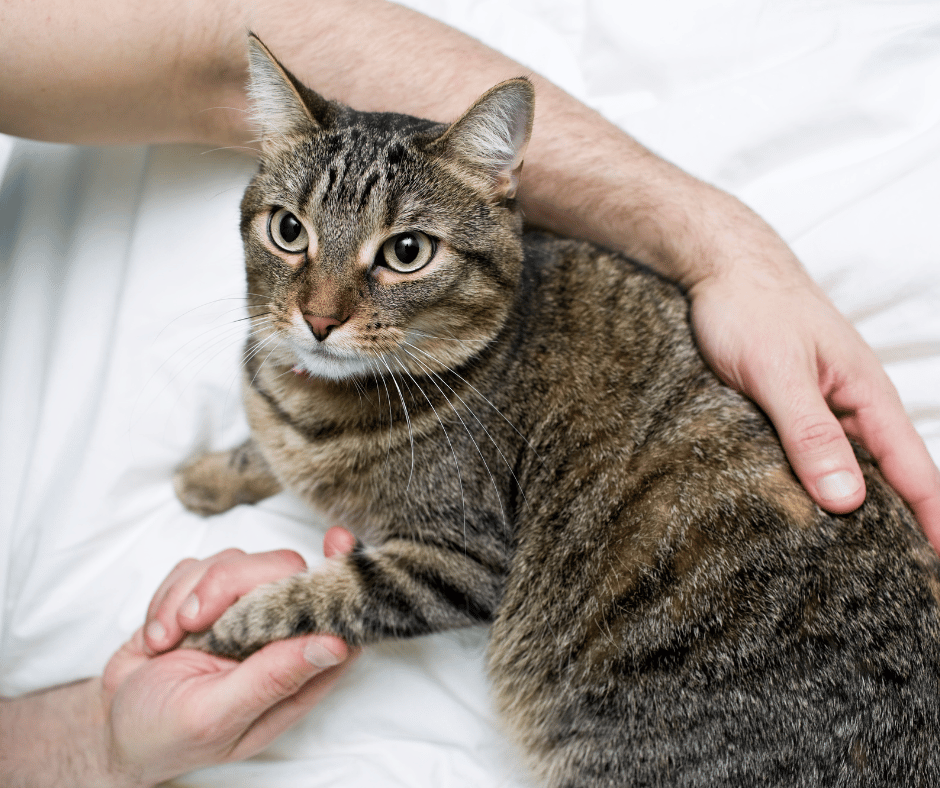We all know that beauty is in the eye of the beholder. But what makes us find some animals beautiful and others not? Is it simply because we see animals everyday and are used to their appearance? Or is there something more to it? Recent studies have shown that humans may be hardwired to find certain animals attractive.

This could be due to the fact that these animals exhibit qualities that are beneficial for survival. In this blog post, we will explore the science behind why humans find some animals beautiful and others not. We will also discuss how this information can be applied to marketing and branding efforts.
First, let’s consider why humans find certain animals attractive. It could be that these animals exhibit qualities that are important for survival and reproduction. For example, large eyes, bright colors, and symmetrical shapes can signal to potential mates that an animal is healthy and fertile.
It could also be that these animals share evolutionary traits with us humans. We may have a subconscious connection to them because of this shared ancestry and thus be more likely to find them aesthetically pleasing. In fact, research suggests that we are drawn to animals who share certain facial features with us–such as our own eyes or mouth shape–regardless of their species.

The same principles apply when it comes to marketing and branding efforts. Consumers are more likely to respond positively to images of animals that share certain features with humans. Brands can use this information to create campaigns that evoke an emotional response from customers, leading to increased sales and brand loyalty.
In conclusion, the science behind why humans find some animals beautiful is complex and multi-faceted. It could be due to evolutionary traits shared between us and the animal, or it could be that these animals exhibit qualities important for survival and reproduction. Whatever the reason, understanding this science can help brands create successful marketing strategies that capitalize on our innate connection with certain animals.
